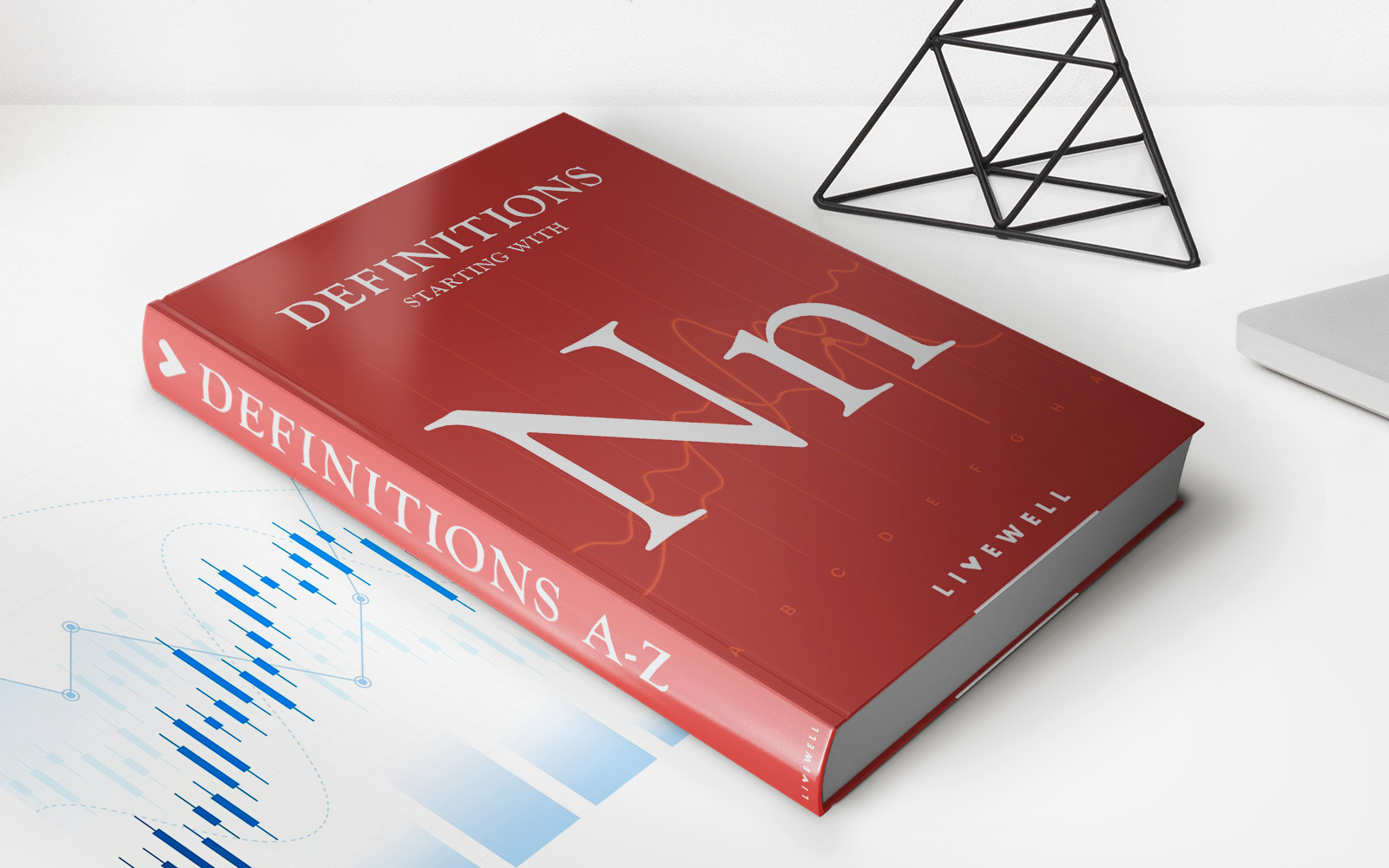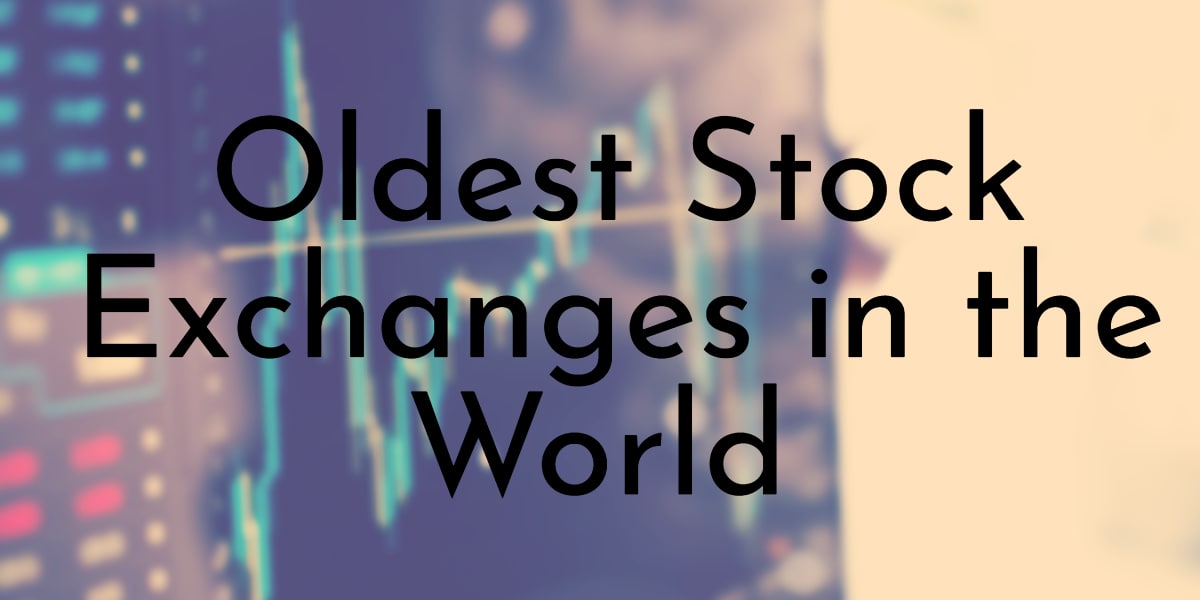

Finance
Copenhagen Stock Exchange (CSE) Definition
Published: November 3, 2023
Learn about the Copenhagen Stock Exchange (CSE) - a key financial institution in Denmark. Discover the significant role it plays in the world of finance.
(Many of the links in this article redirect to a specific reviewed product. Your purchase of these products through affiliate links helps to generate commission for LiveWell, at no extra cost. Learn more)
Understanding the Copenhagen Stock Exchange (CSE) – A Guide to Finance
Welcome to our FINANCE category! In today’s blog post, we will be diving into the fascinating world of the Copenhagen Stock Exchange (CSE). If you’ve ever wondered what the CSE is and how it functions, you’re in the right place. In this article, we will provide you with a comprehensive overview of the CSE, its role in the world of finance, and why it’s important to investors and businesses alike.
Key Takeaways:
- The Copenhagen Stock Exchange (CSE) is the main stock exchange in Denmark.
- It plays a crucial role in facilitating the buying and selling of securities, including stocks, bonds, and derivatives.
What is the Copenhagen Stock Exchange (CSE)?
The Copenhagen Stock Exchange, also known as Nasdaq Copenhagen, is Denmark’s main stock exchange. Since its establishment in 1620, it has evolved to become an essential hub for investors, businesses, and the Danish economy as a whole. The CSE provides a platform for trading various financial instruments, including stocks, bonds, and derivatives.
The CSE is regulated by the Danish Financial Supervisory Authority (FSA) to ensure fair and transparent trading activities. Its electronic trading platform enables investors to buy and sell securities efficiently, facilitating liquidity in the market. This liquidity is essential for businesses to raise capital through issuing stocks and bonds and for investors to profit from trading activities.
Why is the Copenhagen Stock Exchange (CSE) Important?
The Copenhagen Stock Exchange serves as a barometer of the Danish economy and reflects its overall health. By tracking the performance of the CSE’s indices, such as the OMX Copenhagen 25, investors and analysts gain valuable insights into the market’s trends and the country’s economic development. This information is crucial for making informed investment decisions and assessing the potential risks and rewards of investing in Danish companies.
Additionally, listed companies on the CSE can benefit from greater exposure and visibility, attracting potential investors and raising capital to support their growth strategies. The CSE also offers opportunities for businesses to list their shares through initial public offerings (IPOs) and subsequent fundraising activities in the secondary market.
Conclusion
The Copenhagen Stock Exchange, as Denmark’s main stock exchange, plays a vital role in the country’s financial ecosystem. It provides a platform for investors and businesses to trade securities, raise capital, and gain valuable insights into the performance of the Danish economy. As an investor, understanding the CSE and its functions can offer a significant advantage in navigating the complex world of finance.
We hope this guide has shed light on the Copenhagen Stock Exchange’s importance and given you a better understanding of its role in the realm of finance. Whether you’re an experienced investor or simply have an interest in the financial markets, the CSE is an intriguing subject that impacts both local and global economies.
Stay tuned for more informative blog posts in our FINANCE category, where we explore various topics related to personal finance, investing, and the world of business!














